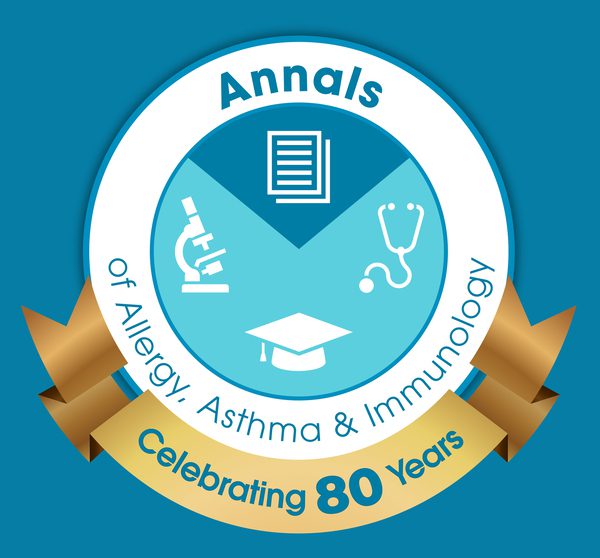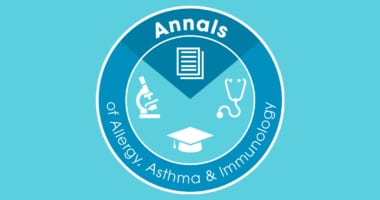As spring rolls into summer and the school year will be ending soon, the current issue of Annals of Allergy, Asthma and Immunology focuses on two issues: allergies in young adults (entering college and military) and asthma.
An editorial by Petersen and Bingemann focuses on the role allergists play in determining eligibility for military service, while the review by Adams and colleagues provides a useful guideline on the same. In their review of Food Allergies on Campus, Yuan and colleagues highlight important risk factors, issues of self-management and stigma in college students. This review article provides useful strategies to help our patients. There are perspectives on drug allergy and anaphylaxis that discuss managing these conditions on a college campus. Bracken, et al, discuss the importance of simplified asthma management for college students, while Huntley, et al, provide a CME review on the transition from adolescence to adulthood focusing on the social and developmental issues that arise and providing strategies to help our patients. The editorial by Shaker and Nowak-Wegrzyn provides a summary of the series of articles for those who want a quick version of these key topics.
For our asthma focus, Camargo and colleagues examine pharmacy claims data for a two-year period and find significant variation with the lowest rates of severe to persistent asthma in New Mexico and highest rates in Alaska. As the exact reasons for these variations remain unclear, this indicates the need for more research. An accompanying editorial by Katial and Hoyte discusses the importance of this research. Letters focus on specific factors in severe asthma. One explores airway dysfunction that improves with anti-IL5 therapy and another identifies social vulnerability as a risk factor of asthma in a Puerto Rican population. In a related article, Beigelman and colleagues report their findings from a large NIH study examining the use of azithromycin in RSV bronchiolitis and subsequent reduction of airway matrix metalloproteinase. While azithromycin had a short-term benefit as anti-inflammatory, its effects dissipate within six months.
Another insightful article in this month’s issue includes a perspective by Sampson and colleagues that discusses which patients might benefit from omalizumab treatment for food allergy. This perspective provides a useful way to help determine the ideal patients for this ground-breaking therapy.
As always, if you have any comments, please consider sending a correspondence to Annals (email us at annals@ACAAI.org). We are always excited to hear how Annals has helped you improve the lives of your patients!
Jonathan Spergel, MD, PhD, FACAAI
Deputy Editor


